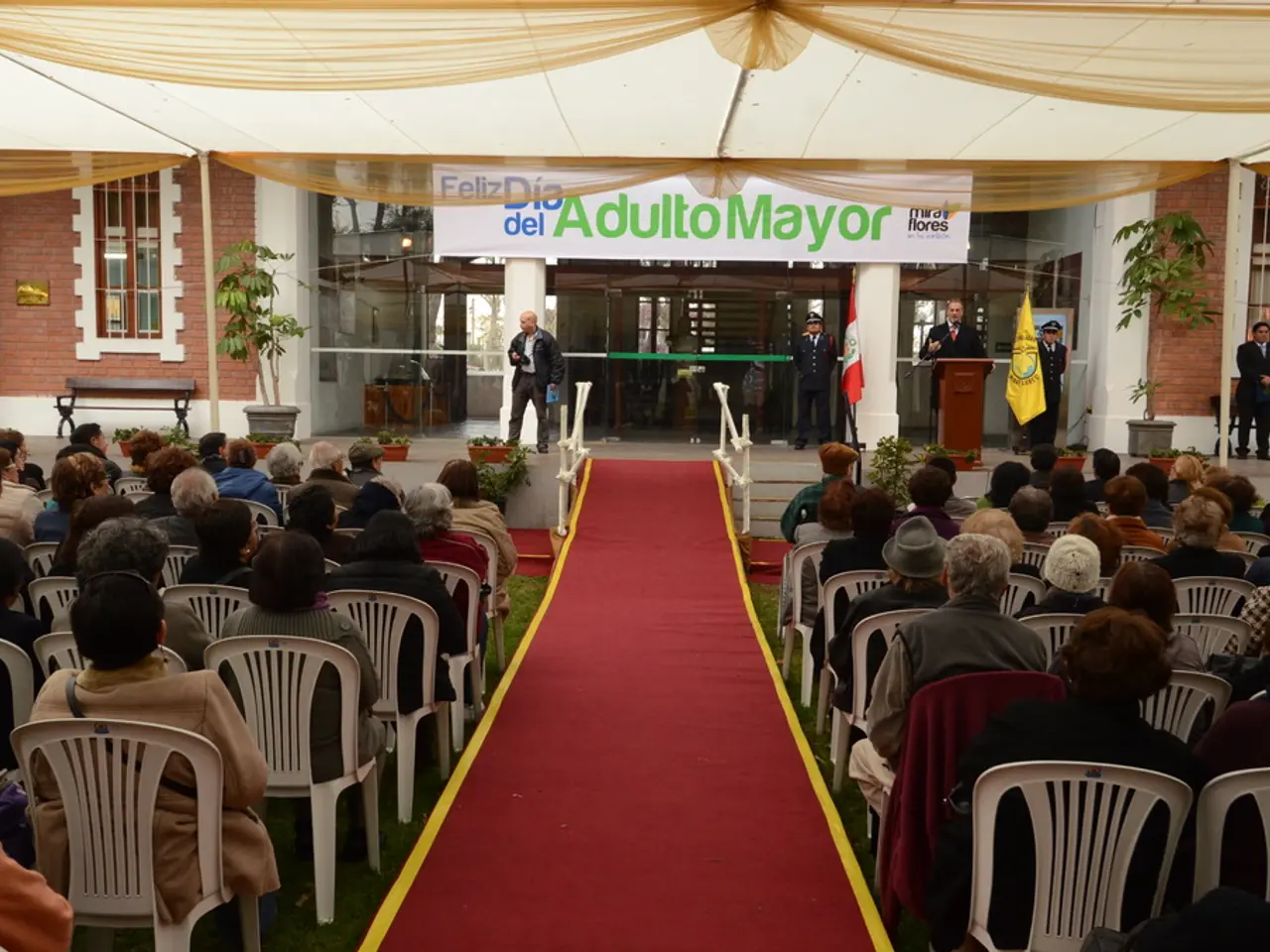European Commission to Assess Bulgaria's Decision on Increasing Gas Transit Fees from Russia
"Here's the scoop on the latest energy drama playing out in Europe."
Bulgaria, a European Union (EU) member, has imposed a hefty tax on gas transit from Russia. This move, critics are quick to point out, is more like a "slap in the face" for Gazprom, Russia's state-owned gas giant. The tax, amounting to €10 per megawatt-hour, is a sizable chunk when compared to the current base gas price at TTF, typically with transit fees not exceeding a few percent of the fuel's actual cost.
The Financial Times has deemed Bulgaria's tariffs as "punitive" and Finance Minister Asen Vassilev confirmed to the publication that the decision was made with the intention of reducing Gazprom's profits. However, Bulgarian President Rumen Radev voiced concerns that this could lead to the bankruptcy of the national operator, Bulgartransgaz.
This decision by Bulgaria has triggered a wave of reactions, particularly in neighboring countries like Serbia and Hungary. The controversy surrounds the TurkStream pipeline, transporting about 19% of Europe's gas from Russia, though the figure was previously closer to 45% before 2022.
The European Commission (EC) is pushing for a phased-out withdrawal of Russian gas imports by the end of 2027. However, the legal ambiguity and friction around tariffs and control due to transit via Bulgaria to third countries complicate matters.
Reports suggest that Gazprom aims to increase gas sales in the region. If successful, the TurkStream pipeline could maintain its influence over Bulgaria’s energy policy more than EU alternatives. Furthermore, Bulgaria’s infrastructure might fail to fully realize its potential as a transit hub for diversified, non-Russian gas sources if regulatory reforms and diversification strategies aren’t put into play.
In essence, Bulgaria’s tax on Russian gas transit creates a tangled web where energy security policy, EU sanctions, and regional market dynamics intertwine. While Bulgaria aims to reduce its reliance on Russian energy, these taxes risk reinforcing Russian dominance in the region’s gas transit unless accompanied by clear regulatory reforms and diversification strategies.
- Amidst war-and-conflicts, the European Union (EU) is facing a migration crisis due to the political uncertainties surrounding gas supplies from Russia, as Bulgaria, a member state, imposes a tax on gas transit, potentially leading to jitters in general-news media.
- In the light of politics and policy-and-legislation, the sizable tax imposed by Bulgaria on Gazprom, Russia's state-owned gas giant, has been criticized as punitive, sparking debates on crime-and-justice, particularly concerning the financial implications for both parties and the national operator, Bulgartransgaz.
- The wave of reactions from neighboring countries like Serbia and Hungary has brought accidents, as well as fires in the energy sector, into focus, as the controversy surrounds the TurkStream pipeline, carrying a significant portion of Europe's gas, and its influence on regional market dynamics.
- The European Commission (EC) has proposed the phased-out withdrawal of Russian gas imports by 2027, but the legal ambiguity and friction due to transit via Bulgaria to third countries have complicated the situation, risking accidents and collisions in car-accidents when it comes to navigating energy policy and EU sanctions.
- Despite Bulgaria's efforts to reduce its reliance on Russian energy, the implementation of these taxes could paradoxically reinforce Russian dominance in the region's gas transit unless accompanied by clear regulatory reforms and diversification strategies, ensuring a more secure and diverse future for Europe's energy sector.







